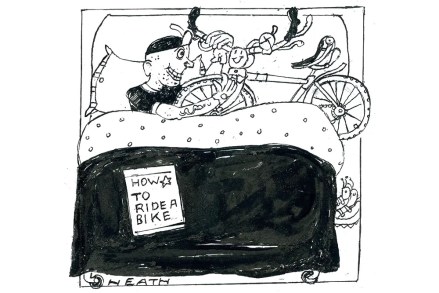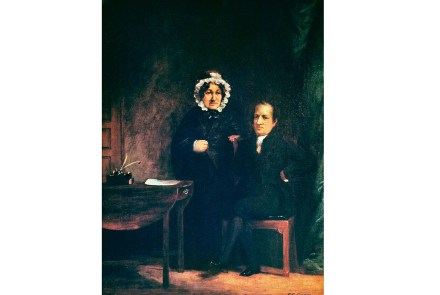Are we oversharing?
Someone on that old-fashioned online game called Twitter (renamed, but still not widely known as, X) told the world of the publication of his book in a post that began: ‘I’m thrilled to share that as of today…’ He probably thought of it not as publication day but the day on which the book was released (like a film or prisoner). But I was interested by the way that share had become just another synonym for ‘announce’. It has come a long way from West Frisia, where, the Oxford English Dictionary reminds us, cows entered a lot into ideas of sharing (although the island of Texel is today famed for its















